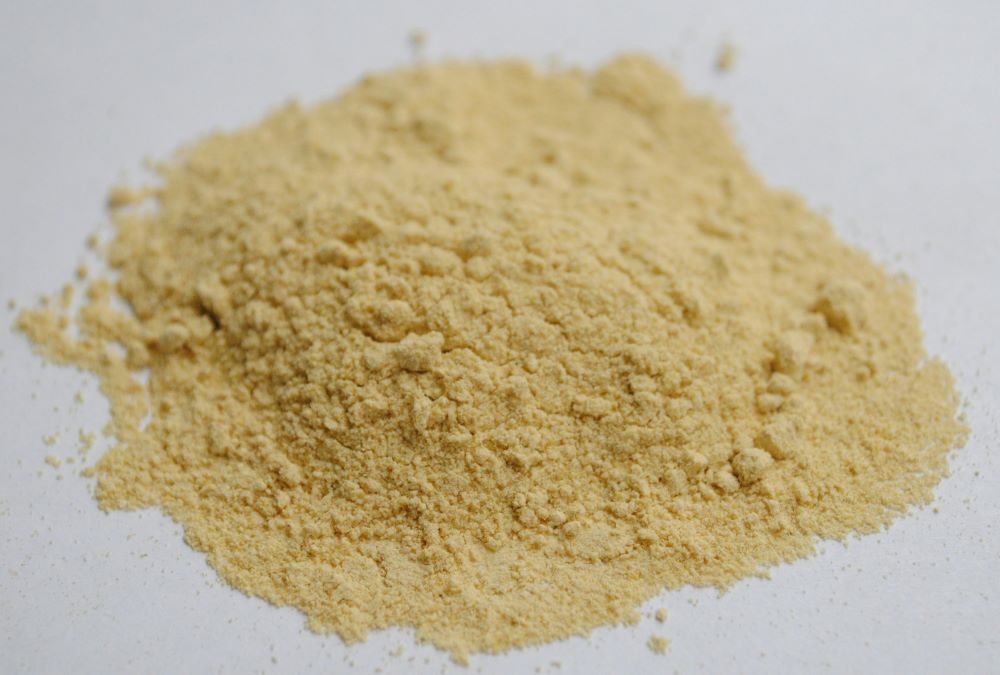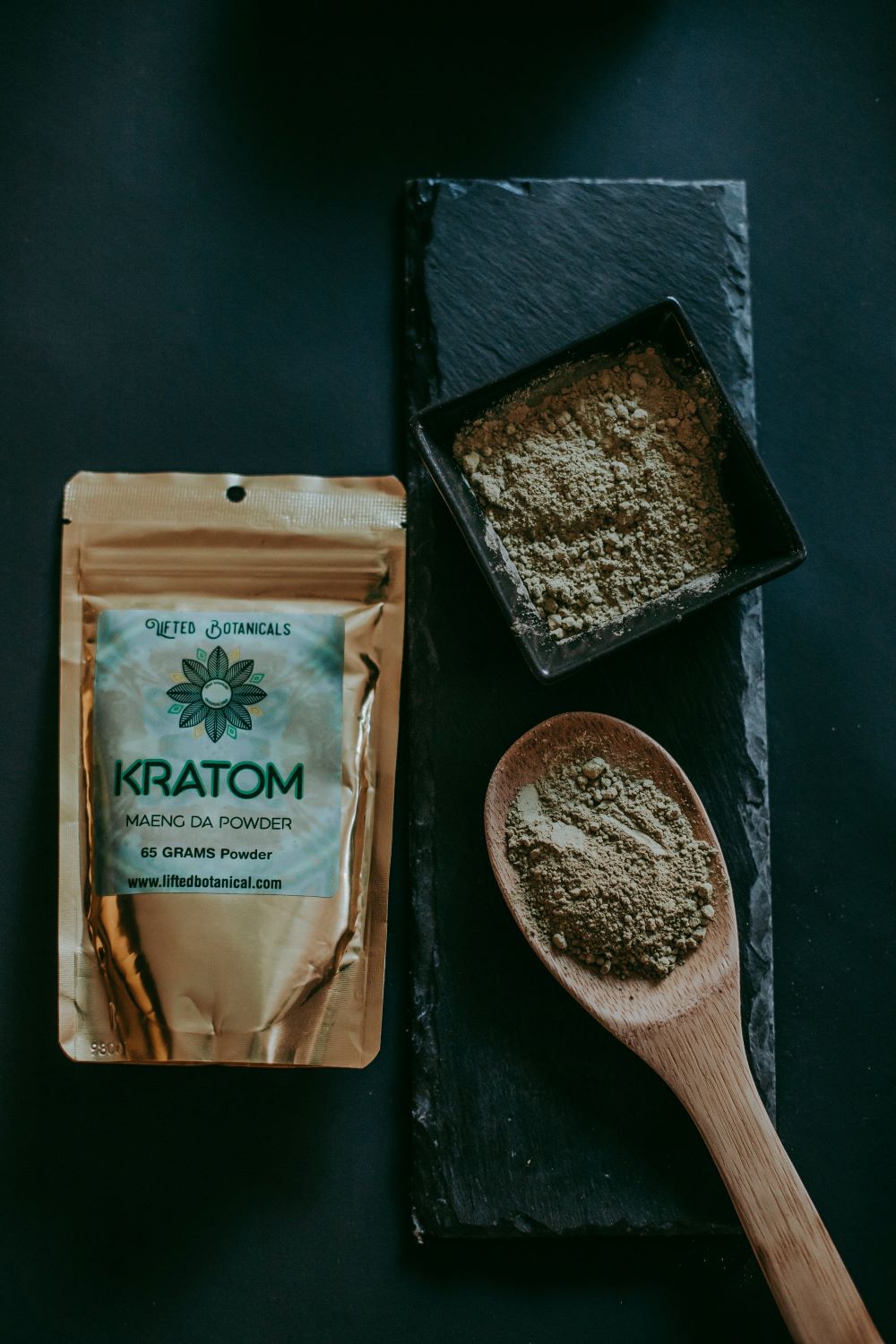Following the 2019 Kratom Consumer Protection Act, restrictions remain nuanced at the state level.
Kratom is a substance derived from a tree native to Southeast Asia, sold in various forms, and available in four basic strains – red, yellow, green, and white. Each strain is used for different purposes, including the treatment of muscle pain, gastrointestinal issues, chronic fatigue, depression, anxiety, insomnia, opiate addiction, appetite suppression, and more. In 2024, kratom remains unregulated by the FDA but is legal at the federal level. Regulations become more nuanced at the state level with certain areas opting to institute very specific restrictions. Anyone considering introducing kratom into their routine should be aware of the KCPA and kratom’s state-by-state status.
The 2019 Kratom Consumer Protection Act
The Kratom Consumer Protection Act (KCPA) was voted into law in 2019, placing restrictions on its use. However, it is ultimately up to each state to enforce this act – and adapt it as they see fit. The KPCA’s universal language states:
- Kratom can only be sold to consumers 18+.
- Food labels must indicate the presence of kratom, its origin, and all ingredients.
- Adulterated kratom products and those containing harmful substances are prohibited.
- Products containing synthetic kratom are also prohibited and the amount of mitragynine and 7-hydroxymitragynine a product contains must be disclosed.

State Level Restrictions
With this in mind, here is a more specific overview of kratom restrictions that have been instituted at the state level as well as any changes to expect in the coming months.
Alabama. Kratom was added as a Schedule I controlled substance in 2016. However, the American Kratom Association is hoping to replace the ban with a KCPA.
Arkansas. Here, too, kratom has been a controlled substance since 2016, but the governor has requested that the health department meet with scientists to consider withdrawing the ban.
Arizona. The Senate is considering rolling out a KCPA.
Colorado. Colorado’s KCPA will go into effect in July. In addition to much of the general language specified, Colorado will prohibit “preparing, advertising, selling, distributing, or offering” kratom contaminated with controlled substances and selling kratom to individuals under 21. It will also be illegal to display or store these products in places accessible to those under 21.
Connecticut. Still legal for those 18+, a ban has been proposed to prohibit kratom sales to consumers under 21.
Georgia. A bill is currently in place requiring consumers to be 18 and vendors to list all ingredients as well as the manufacturer on packaging. Modifications are expected this year.
Illinois. Consumers over 18 can buy kratom except for in Jerseyville where it has been banned entirely. A KCPA is pending.
Indiana. Kratom is considered a synthetic drug. A KCPA was passed by the House last year but deferred by the Senate. Movement is expected shortly.
Kansas. There was a KCPA introduced in 2023, which was deferred to 2024. If passed, kratom would be considered a food product and follow general KPCA requirements.
Maryland. Kratom is legal, but there are restrictions pending in the House.
Massachusetts. There is a pending KCPA which seeks to impose penalties on the sale, preparation, manufacturing, or distribution of adulterated products.
Michigan. Still legal, a KCPA is pending which seeks to place stricter regulations on the distribution, sale, and manufacturing of kratom.
Minnesota. A KCPA was introduced in 2023 but no further action was taken. Movement is expected in 2024.
Missouri. A pending KCPA awaits a hearing.
New Jersey. NJ’s KCPA is a bipartisan bill introduced in 2023 which has been referred to the Senate Commerce Committee for further action.
New York. NY’s KCPA has been referred to the Senate Agriculture Committee with action expected this year.
Ohio. A state KPCA was introduced in the House in 2023 with movement expected this year.
Oklahoma. Lawmakers passed the state’s KPCA in 2021 following all general requirements.
Pennsylvania. A KCPA introduced last year has been referred to the Senate Health and Human Services Committee for further consideration.
Wisconsin. A controlled substance, “AB 393” was introduced in fall 2023 with modifications made in December to change kratom’s status. A vote is expected in 2024. Sales would be limited to those 21+ and it would be illegal to display kratom in areas accessible to underage.
Rhode Island. Kratom is illegal but a bill lifting this ban is pending.
In Tennessee, kratom remains illegal without pending action. It is also still illegal in Sarasota County, Florida. All states ban sales to minors with some banning sales to those under 21 (noted above).
Legislation regulating kratom is sure to change quickly. Staying up to date will help consumers make informed buying decisions while enjoying the health benefits of this ancient remedy.
Sources:
WebMD: Health Benefits of Kratom
The Kratom Consumer Protection Act


Join the conversation!